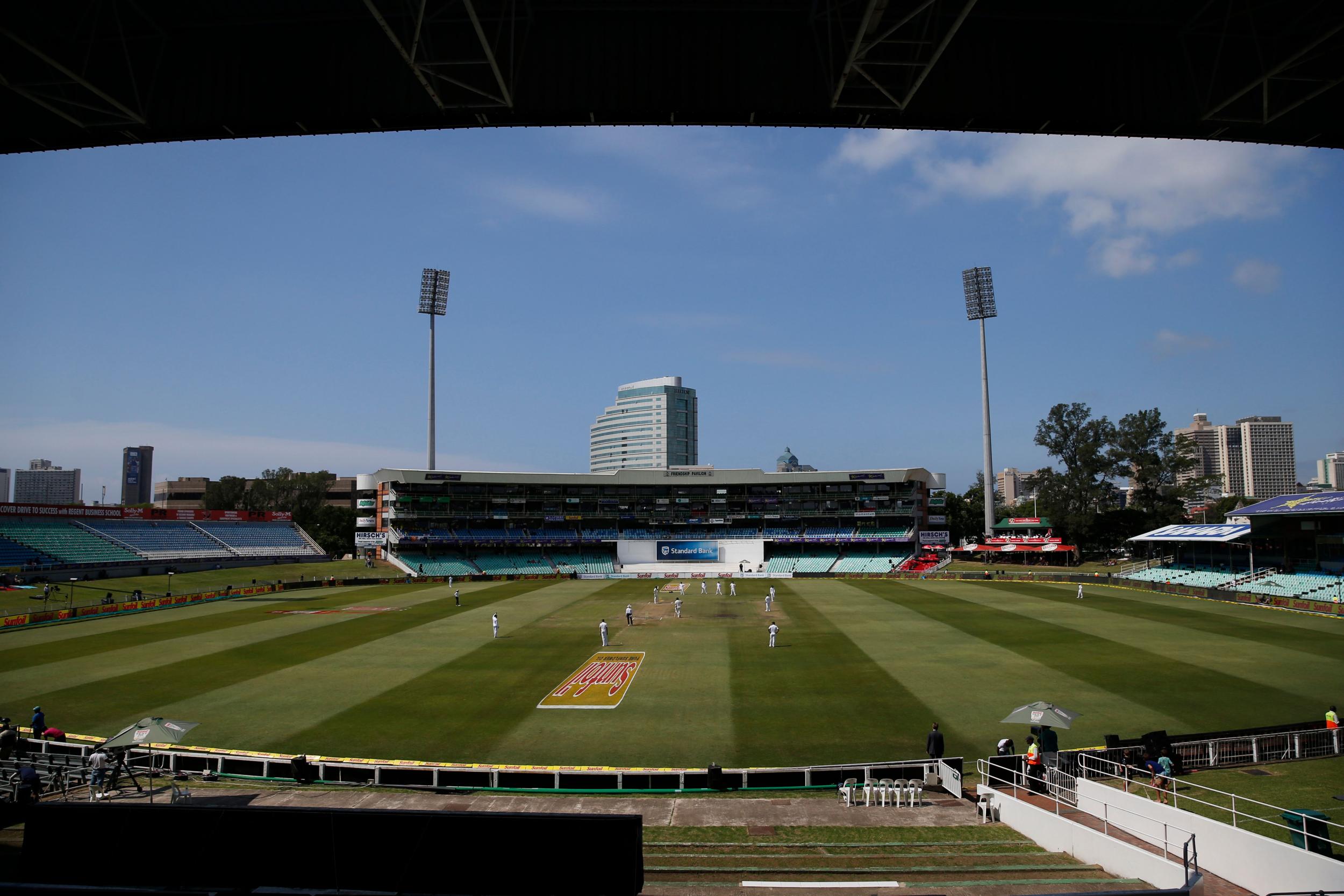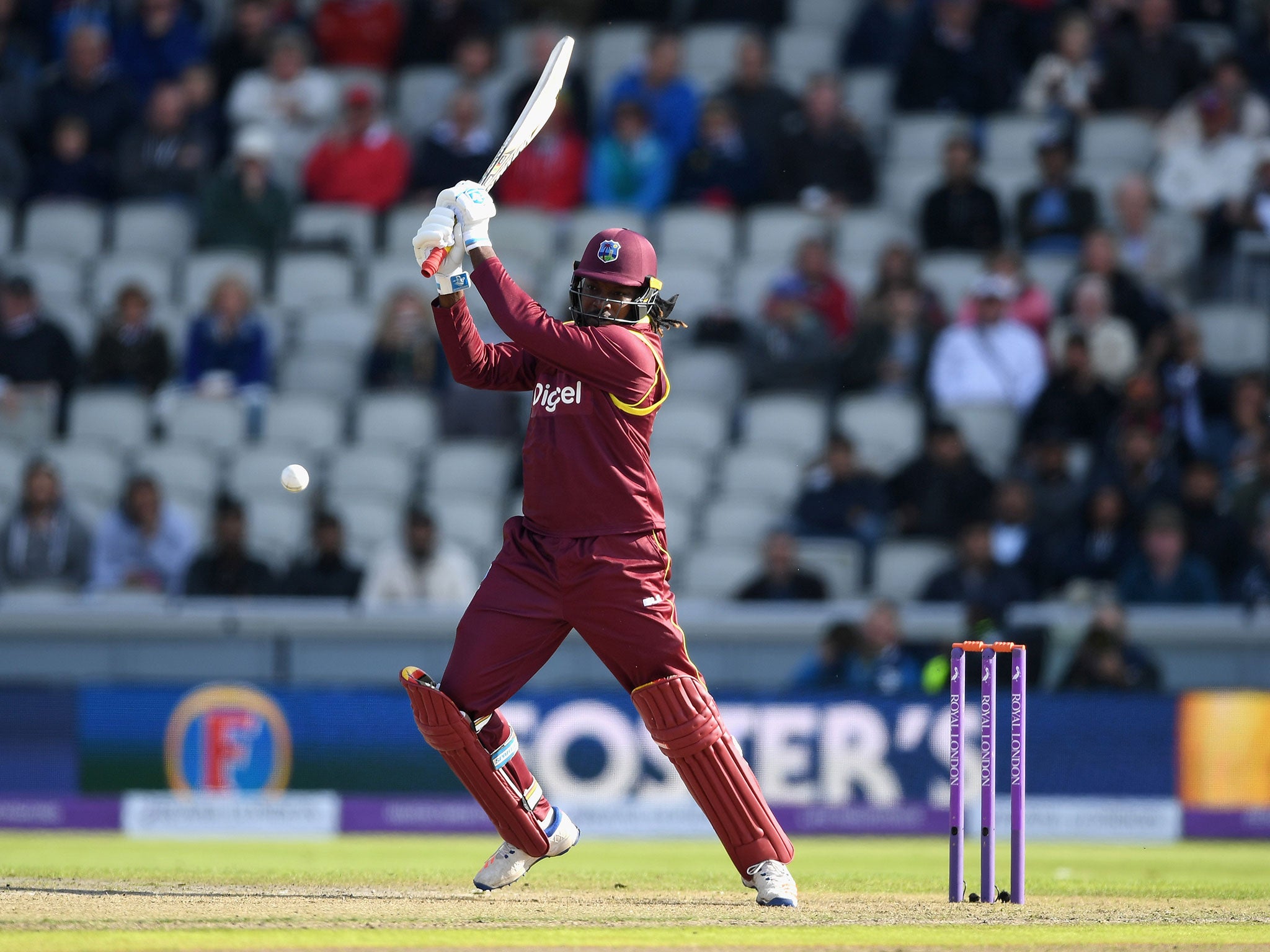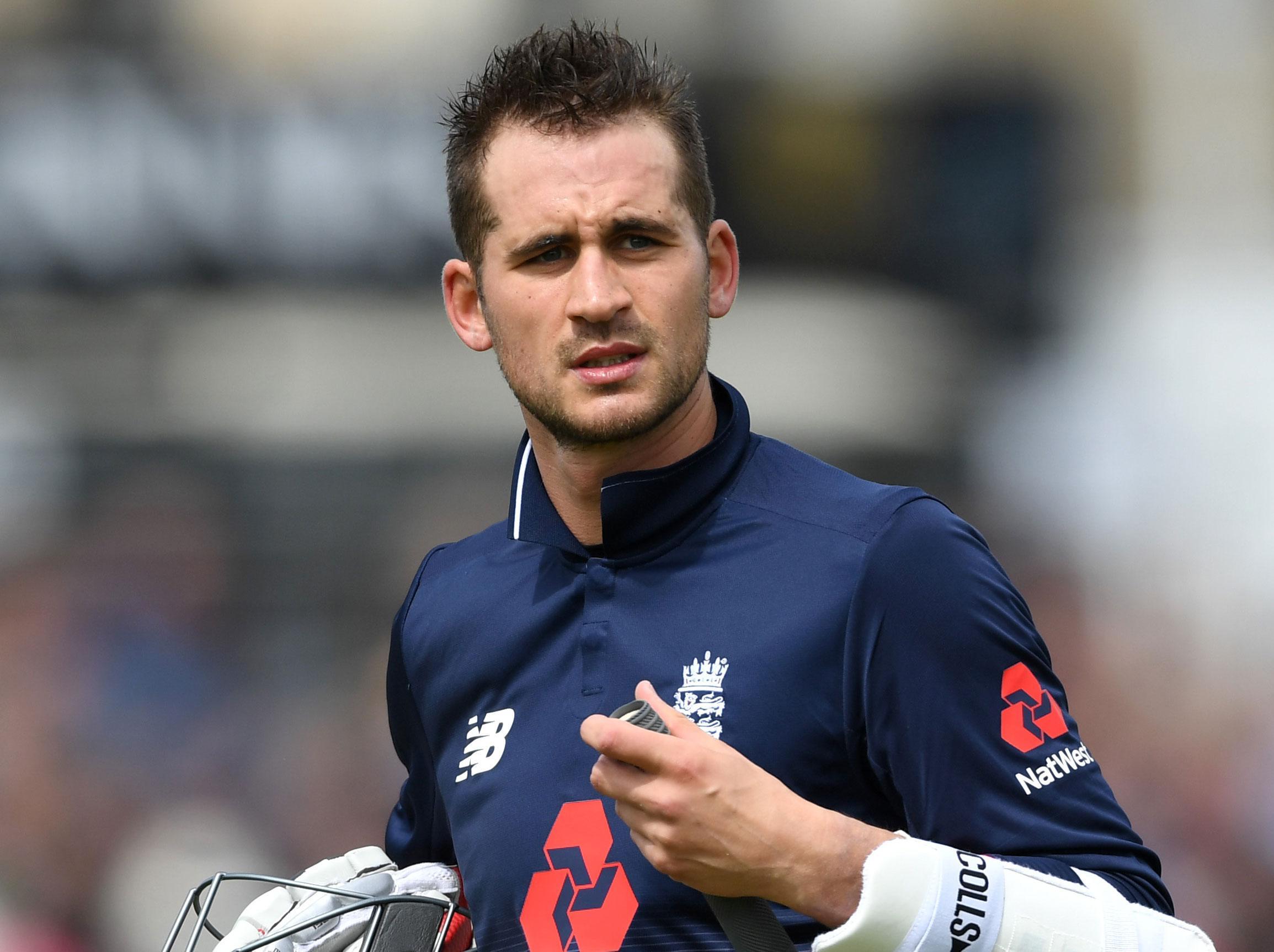The ICC is running out of time to find a way for Test cricket and T20 to coexist – or is it already too late?
Boards like the BCCI, ECB and Cricket Australia have grown rich via broadcast deals around the T20 game but so have the players, and a growing number are turning their back on Test cricket

The ICC is playing a desperate game of catch-up when it comes to creating a schedule that will enable Test cricket and Twenty20 to co-exist harmoniously. But it might already be a case of too little too late.
That’s the view of one of the former heads of IMG India, Tim Wright, who was also a chief executive of a franchise in world cricket’s richest league. Wright was instrumental in the setting up of the IPL a decade ago and has warned that the ICC’s attempts to stop a potentially catastrophic player drain from international cricket to the T20 franchise game may be vain – and faced countless hurdles to even be viewed as a realistic prospect.
It’s believed that the ICC will discuss a number of far-reaching proposals at its next meeting in Kolkata in April, including restricting players under 32 to three domestic T20 leagues per year. The ICC is also reported to favour the implementation of regional T20 windows that offer a clear segmentation between the shortest format and Test cricket.
It’s quite some wish list and one that would doubtless require some tough selling to franchise owners across the world.
“It’s definitely late – whether it is too late we shall see,” he says. “There’s a lot to get through before all parties will be happy. Something has to be done though because it is otherwise clear Test cricket is on the rocks. Long term, I suppose the question is whether that matters, other than to die-hards.
“Franchise owners will be hard-headed. They have no stake in the greater good of the game. Inviting them into the party – as IPL did – was always a risk. But BCCI wanted the money and wanted them to carry the risk. I think this has proved that you can’t have your cake and eat it.”
Boards like the BCCI, ECB and Cricket Australia have grown rich on the proceeds of broadcast deals and sponsorship around the T20 game but so have the players. And that has led to a growing number turning their back on Test cricket and focusing purely on playing franchise cricket. The rewards on offer have proved to be far greater than those they would have accumulated representing their country.
Before this year, it had been a problem that the bigger nations could turn a blind eye to. While the West Indies have been decimated by the likes of Chris Gayle and Sunil Narine focusing on playing in competitions like the IPL and Big Bash, the likes of England and Australia plugged along – safe in the apparent knowledge that their best players would always put a Test cap above all else.

That, though, is no longer the case.
David Willey, Adil Rashid and Reece Topley have hammered that message home in recent weeks, while Eoin Morgan, England’s short format captain, has been clear in his belief that Test cricket has been left far behind by Twenty20.
“Test match cricket has had a lot to worry about for quite a while now,” he said. “If something was going to be done about it, it probably should have been done already.”
Former Surrey coach and Sussex captain, Chris Adams, has worked with Sri Lanka and the Netherlands in recent years and he tells Independent Sport that the speed of change in the sport has left everyone scrabbling around for answers.
“It seems like the horse has already bolted,” he says. “The game has never been so stretched in terms of the diversity of formats. It used to be that 10 years ago, you could get a player to adapt his game for all three formats but I don’t think you can anymore.
“There are specialists in their own right for each. The fact is that T20 is the lifeblood of the game and without it the game would be in all sorts bother. It’s a real delicate balancing act. Test cricket is the ultimate and I think it’s very difficult, when you’re an aspiring sportsman who wants to make his name in the cricket history books, then you have to do it in the Test arena.

“You can’t be seen as a great of the game just by playing Twenty20 cricket. But the game has a really big challenge ahead.”
When the IPL came into being in 2008, the thought of a distinct split between T20 and Test cricket – effectively making them both separate sports, would have been unthinkable.
With the ICC having taken such a hands-off approach to T20 cricket for so long, though, that’s no longer the case and although a governing body for the T20 game, independent of the ICC, is some way off, it’s not outlandish to suggest it could one day come into being.
One leading cricket administrator told The Independent that a governing body overseeing only T20 cricket would “eat Test cricket for breakfast – in about three weeks”.
Adams, meanwhile, believes the example of football illustrates the dramatic effect two governing bodies could have.
“You only have to look at the Premier League and the Football League to see what can happen,” he says. “The Premier League is now an entirely different product to anything else in English football. If that happened then Twenty20 cricket would be confirmed as the game that completely calls the shots in world cricket.
“It’s difficult to look into the future and say what’s right and wrong and what might one day happen. What’s clear is that change is coming and it’s coming at a dramatic pace.”
That much is something on which everyone can agree.
Join our commenting forum
Join thought-provoking conversations, follow other Independent readers and see their replies
Comments